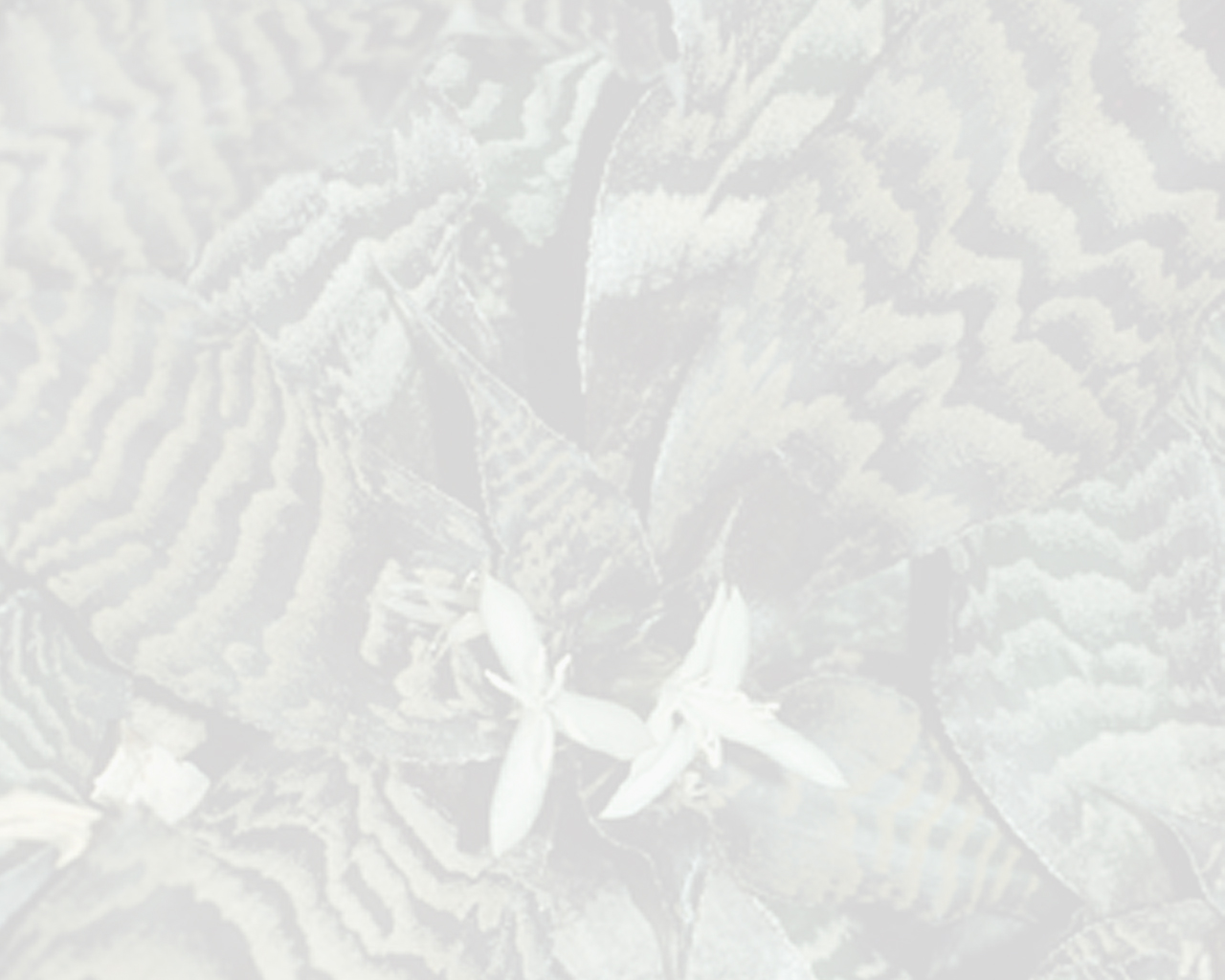

Aoyama et al. 2012 (Article) Alcantarea
Avaliação da eficiência da propagação de Alcantarea imperialis (Bromeliaceae) cultivada in vitro e ex vitro1 - Evaluating the effectiveness of the propagation of Alcantarea imperialis (Bromeliaceae) cultivated in vitro and ex vitro
Author(s):—E.M. Aoyama, L. Versieux, C. Carvalho N. & S.C. Mazzoni-Viveiros
Publication:—Rodriguésia 63(2): 321-331. (2012)
Abstract:—The in vitro cultivation of bromeliads has been considered an effective technique to improve its production. However, there are no studies that compare the efficiency of the methods of in vitro propagation versus ex vitro for the Brazilian giant bromeliad Alcantarea imperialis (Carrière) Harms used in landscaping and considered to be endangered due to illegal extraction. The in vitro culture appears as a good alternative to preserve the genetic diversity of this polymorphic species, assuring that the raw material for the contemporary evolution will be available. The aim of this study was to compare the growth of plants of A. imperialis in vitro and ex vitro obtained from seed, establishing the ideal transfer period. The seeds were disinfected before being transferred to culture conditions (culture medium or Pinus sp. bark substrate). After the pre-established growing time, in vitro plants were transferred to ex vitro (acclimatization). Plants from in vitro cultures showed higher values for all measured parameters compared to those grown ex vitro. The data showed that the acclimation of plants cultivated in vitro for 2, 4, and 6 months showed better growth compared to those acclimated after being cultured in vitro for longer time. These results show the efficiency of the in vitro culture method, indicating the ideal time for the maintenance of the plants in nutrient media, providing important cost-benefit ratio for production.
Keywords:—acclimatization, Brazilian giant bromeliad, ex situ conservation, micropropagation, seeds.